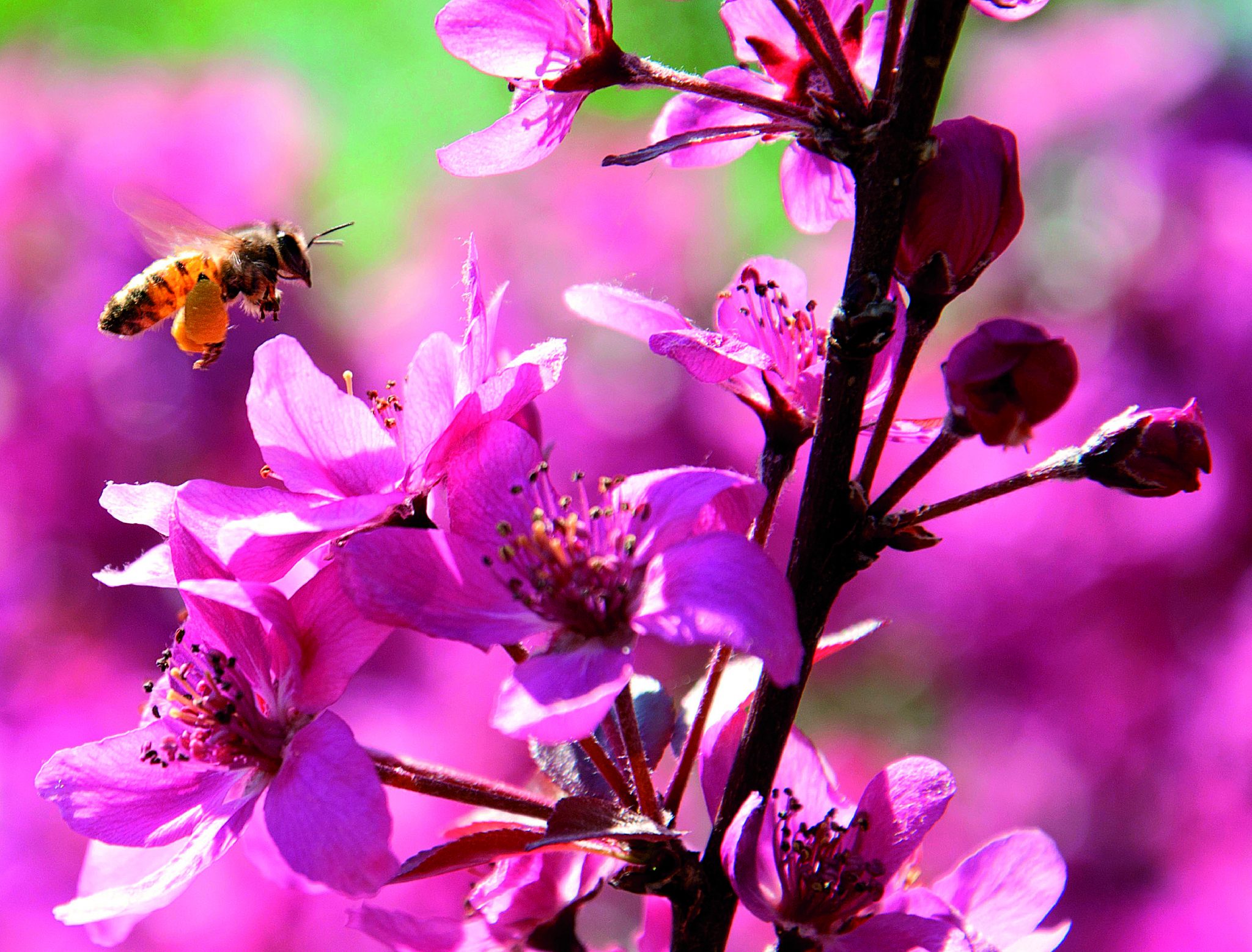The ‘Securing Pollination for More Productive Agriculture: Guidelines for effective pollinator management and stakeholder adoption’ project is supported by funding from the Australian Government Department of Agriculture and Water Resources as part of its Rural R&D for Profit programme.
It will support collaboration between Australia’s most knowledgeable bee and pollination researchers to assess the contribution of pollinators to nine Australian crops (apples pears, lucerne, almonds, canola, melons, blueberries, raspberries, mangoes), investigate re-establishing native vegetation to support pollinator food and nesting resources, and use new technologies to communicate the findings to farmers.
Four sub-projects will be carried out under the project, managed by the Rural Industries Research and Development Corporation (RIRDC), and co-funded and delivered by Australian National University, University of Adelaide, University of New England and University of Sydney.
The agricultural sector will be represented by project partners including Lucerne Australia, Apple and Pear Growers Australia SA, Almond Board of Australia, Australian Melon Association, Australian Mango Industry Association, and Raspberries and Blackberries Australia.











